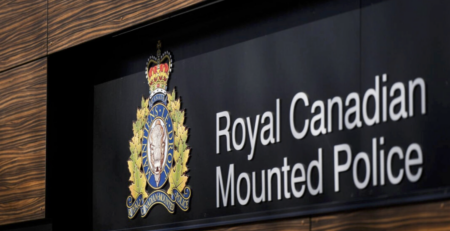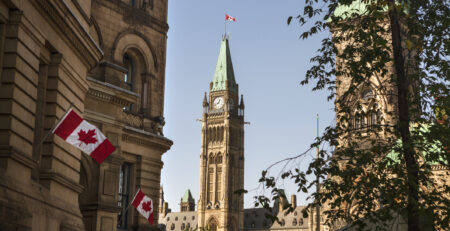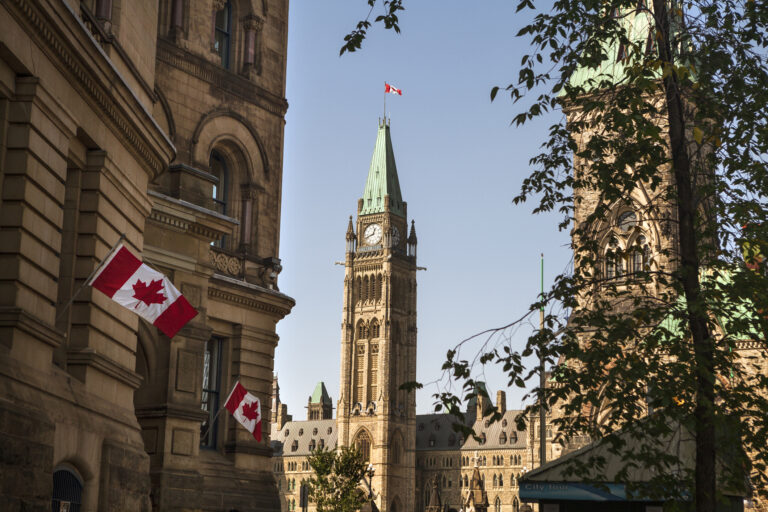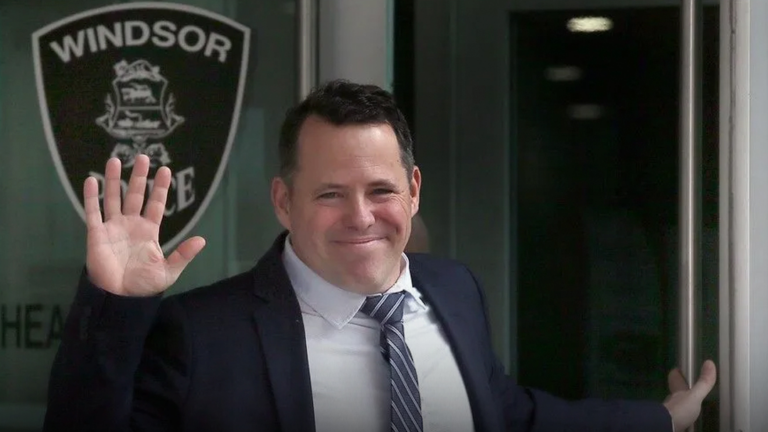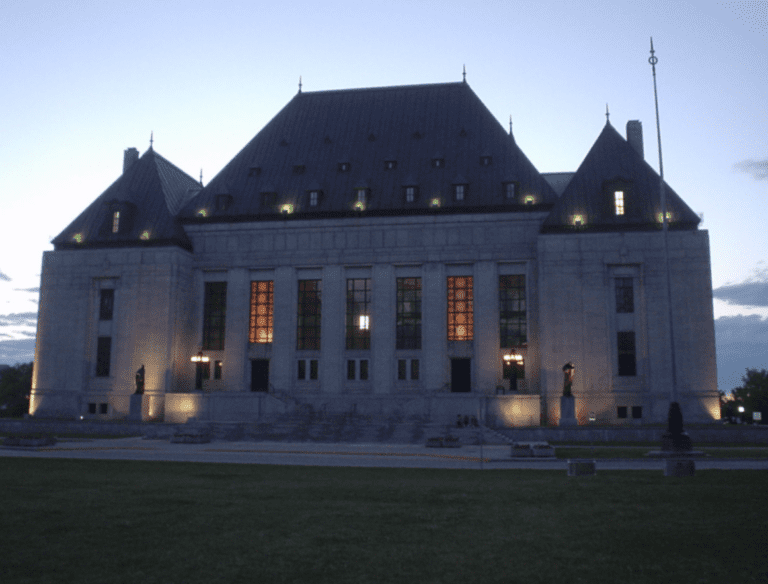WATERLOO: The Justice Centre for Constitutional Freedoms (JCCF.ca) has submitted feedback to the Wilfrid Laurier University (“Laurier”) Task Force on Freedom of Expression, calling on the Task Force to provide further clarification and stronger protections for free speech in its Draft Statement on Freedom of Expression.
In November 2017, Laurier President and Vice-Chancellor Deborah MacLatchy announced the formation of a task force, the mandate of which is “to develop a statement on freedom of expression…guided by the principles of academic freedom and freedom of speech.” The Task Force will produce an open report recommending a statement on freedom of expression and will present the report to Laurier’s Senate for final approval.
The decision to launch the Task Force follows the now infamous incident involving Laurier graduate student and teaching assistant, Lindsay Shepherd. Ms. Shepherd showed a short-clip to her Communication Studies class of Professor Jordan Peterson speaking during a televised debate regarding the use of alternative pronouns. She was then interrogated by Laurier professors Nathan Rambukkana and Herbert Pimlott and a staff member of Laurier’s “Gendered Violence Prevention and Support” office. Ms. Shepherd was told that showing the clip was “problematic”; had made some students feel “unsafe”, and that alternative pronouns were “not up for debate”.
In its original submission to the Task Force, the Justice Centre expounded on the central importance of freedom of expression on campus and recommended that WLU only prohibit expression that is criminal hate speech. The Draft Statement includes some excellent content regarding the priority of free expression on a university campus and asserts that the university should not censor speech. However, the Draft Statement fails to celebrate and protect freedom of expression as it should, and instead permits restrictions based on vague and poorly defined notions of “inclusivity” “discrimination” and ‘harassment.” The Draft Statement further fails to address the problems of free speech on campus being silenced through physical obstruction and disruption and being priced out of existence through the imposition of security fees on those who seek only to express their ideas peacefully on campus.
The Draft Statement unduly focuses on the concept of “inclusion” and adopts the so-called “inclusive freedom” approach to free speech on campus. “Inclusive freedom” essentially amounts to a hierarchy of protection for free speech by rejecting neutrality and permitting and justifying the unequal provision of platforms for expression. This represents a fundamental misunderstanding of the nature of free expression, which means allowing anyone and everyone to express their thoughts and opinions, regardless of the speakers’ identity or status, and regardless of the contents of their views. Freedom of expression is already inclusive, unless some groups or individuals are excluded on account of the content of their expression, or other reasons. Using the content of the expression as a reason for restricting expression puts an abrupt end to “inclusive” free expression, because this approach excludes people with the “wrong” ideas and opinions. Excluding some, based on speech content, is the antithesis of free expression.
The Draft Statement asserts that WLU has a “responsibility” to restrict expression that is deemed to amount to “discrimination” and “harassment”. The Draft Statement adopts the definitions of “discrimination” and “harassment” as used by Ontario Human Rights Commission, which are vague, overly board, and wholly inadequate in the academic context of a university. Discrimination and harassment, properly defined, are behaviours or conduct which should be prohibited on a university campus. WLU policies should state unambiguously that bans on discrimination and harassment do not apply so as to prohibit the expression of “incorrect” ideas or “unacceptable” opinions. Unless “discrimination” and “harassment” are clearly defined, such that they apply only to behaviour and not to the expression of ideas on campus, both terms will have a strong and negative impact on freedom of expression. It is imperative that any statement on freedom of expression explain clearly what kind of expression is and is not permitted. The proverbial “line in the sand” is criminal hate speech, which WLU should prohibit. All other speech should have a green light.
The Justice Centre’s feedback to the Task Force explains:
Canadian universities are increasingly an environment in which students are sheltered and protected from ideas and opinions which they do not agree with. The very mission and purpose of higher education is the pursuit of truth and knowledge in preparation for a valuable, meaningful and productive life in society. This is only made possible by the freedom to propose and hear new ideas, and the ability to critique and debate ideas without fear of reprisal. WLU and other Canadian universities need to move beyond merely paying mere lip service to freedom of expression, and should actually uphold it and defend it as part of the process of education.



